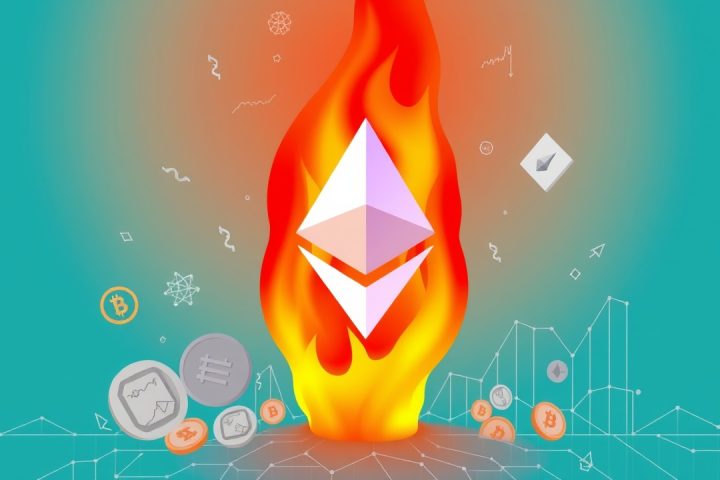The Internet Computer: A New Era in Decentralized Infrastructure
The Internet Computer (ICP), created by the DFINITY Foundation, is heralding a new era in decentralized infrastructure with its ambitious vision for the future, featuring the Self-Writing Internet and advanced sovereign on-chain AI. Central to this vision is Chain Fusion, which allows seamless integration with major blockchains like Bitcoin, Ethereum, and Solana, facilitating user-friendly and secure decentralized finance (DeFi) without the need for complex bridges.
Strategic Roadmap and Self-Writing Internet
In an exclusive conversation with Binance News, Pierre Samaties, ICP’s Chief Business Officer, along with Chief Technology Officer Jan Camenisch, outlined how their strategic roadmap leading up to 2025-2026 aligns with the evolving landscape of Web3.2.
A key element of their strategy is the Self-Writing Internet (SWI), which empowers individuals to create and deploy sophisticated applications without any coding knowledge. This is made possible by the Caffeine platform, powered by artificial intelligence, which automatically generates application logic and deploys it directly on ICP’s decentralized infrastructure. Each app operates on-chain through canister smart contracts, with compute cycles paid for by burning ICP tokens, effectively linking this innovative approach to the platform’s economic model.
Empowering Non-Developers and Infrastructure Capabilities
The Caffeine platform enables non-developers to build functional applications using natural language, a feature showcased during a recent hackathon in San Francisco where participants successfully created various tools, including compliant medical applications and legal document generators. These projects serve as proof of the reliability of ICP’s infrastructure.
The infrastructure allows the hosting of front-end, back-end, and data within canister smart contracts, achieving remarkably fast transactional speeds and offering a gasless user experience through its distinctive reverse-gas model. Functionality such as HTTPS delivery and web-like authentication enhances usability, while Chain Fusion guarantees cross-chain interactions that are not dependent on centralized networks, significantly reducing the risk of failures.
Decentralized AI and Blockchain Integration
ICP also addresses the challenges in the AI space by providing entirely decentralized infrastructure where AI models can be operated and trained on-chain, maintaining data privacy while ensuring trustless execution. This framework involves AI Workers—nodes preloaded with large AI models—which can be accessed via smart contracts while producing outputs that are confirmed through a consensus mechanism to safeguard both reliability and speed.
Additionally, Chain Fusion presents a groundbreaking opportunity for devising native blockchain functionalities free of custodial risks. Developers can engage directly with Bitcoin by creating addresses and managing transactions on-chain. Integrations for Ethereum and Solana have already been implemented, further enhancing interoperability. The ecosystem sees burgeoning Bitcoin-centric DeFi applications like Liquidium and KongSwap, built on the newly introduced ckBTC, which has become a popular Bitcoin derivative.
Future Vision and Community Governance
As the Internet Computer continues to expand its capabilities for blockchain integration, partnerships with Binance and other major networks are playing a crucial role in fostering user adoption of these technologies. With a thriving Decentralized Autonomous Organization (DAO) ecosystem led by the Network Nervous System (NNS), which oversees over $1.5 billion in staked ICP, the platform is actively developing its community governance due to its engaging user experience.
Looking ahead to the future, ICP anticipates a fully established Self-Writing Internet by 2025, allowing users to effortlessly create applications via AI. The vision extends further to a Fluid Internet by 2030, characterized by real-time adaptive applications responding to user interactions. Inside this ambitious framework, ICP not only aims to be a competitive player in the blockchain landscape but also a vital complement, offering developers the tools to create sovereign and interoperable applications tailored to their needs.




